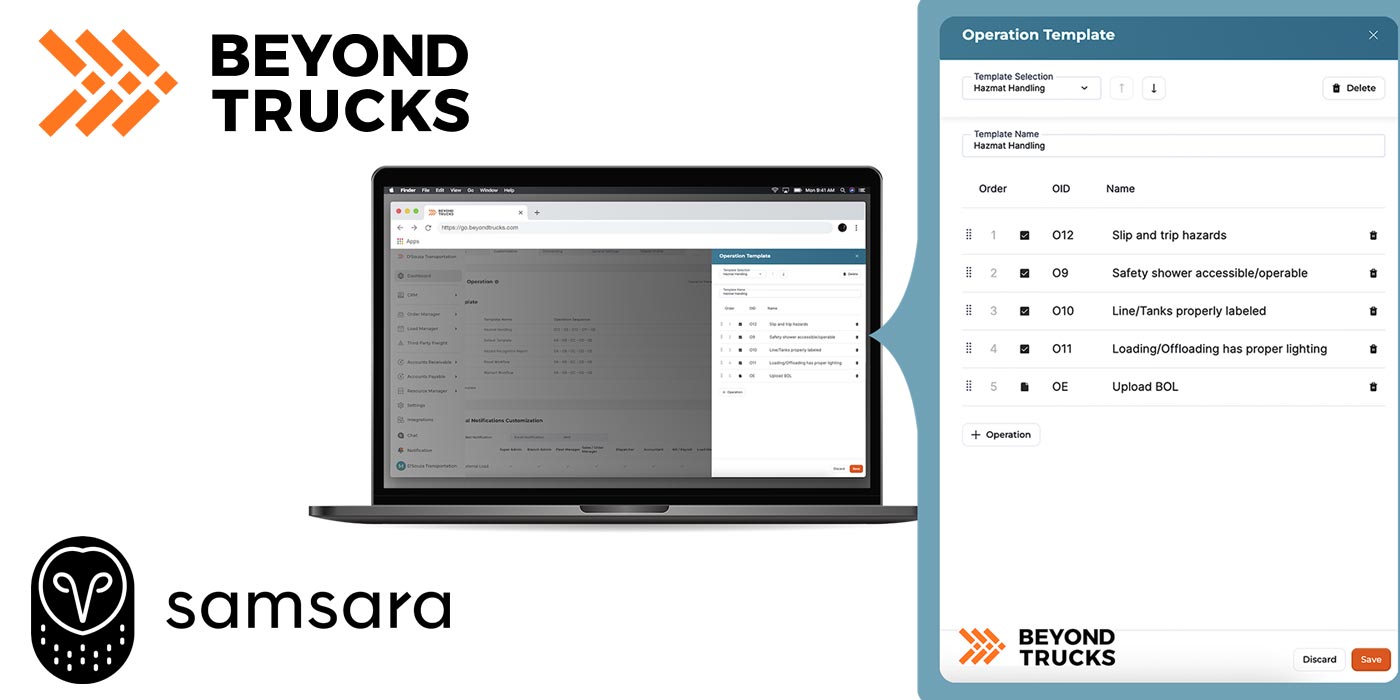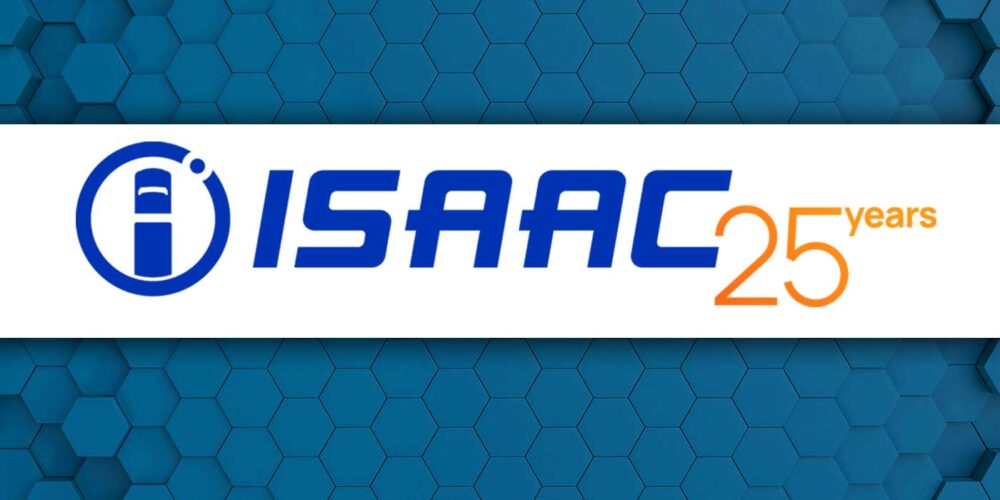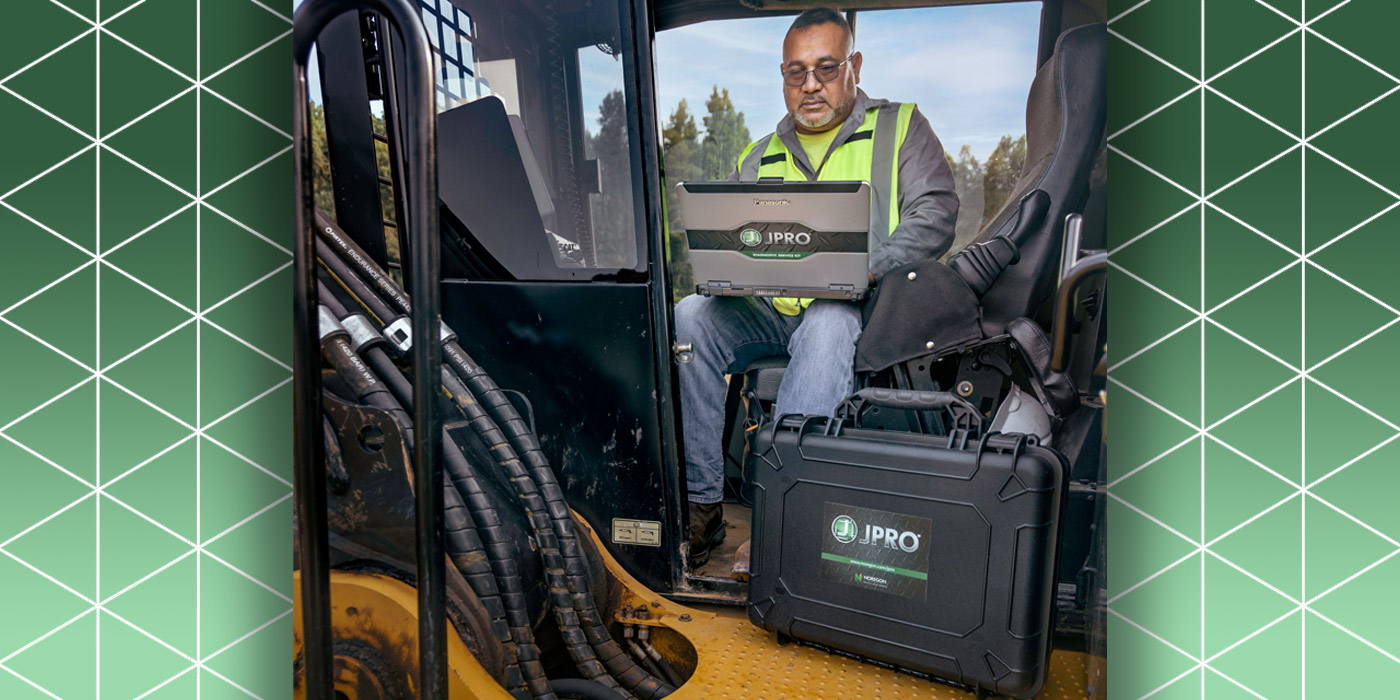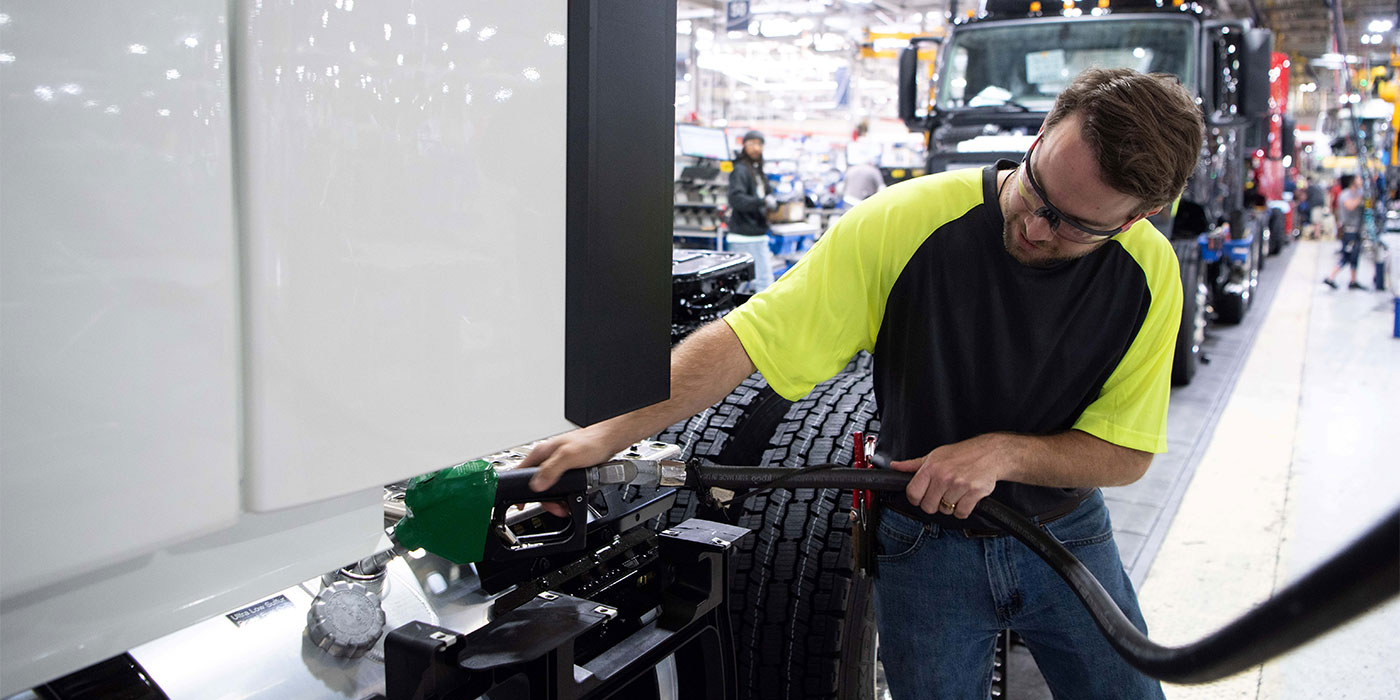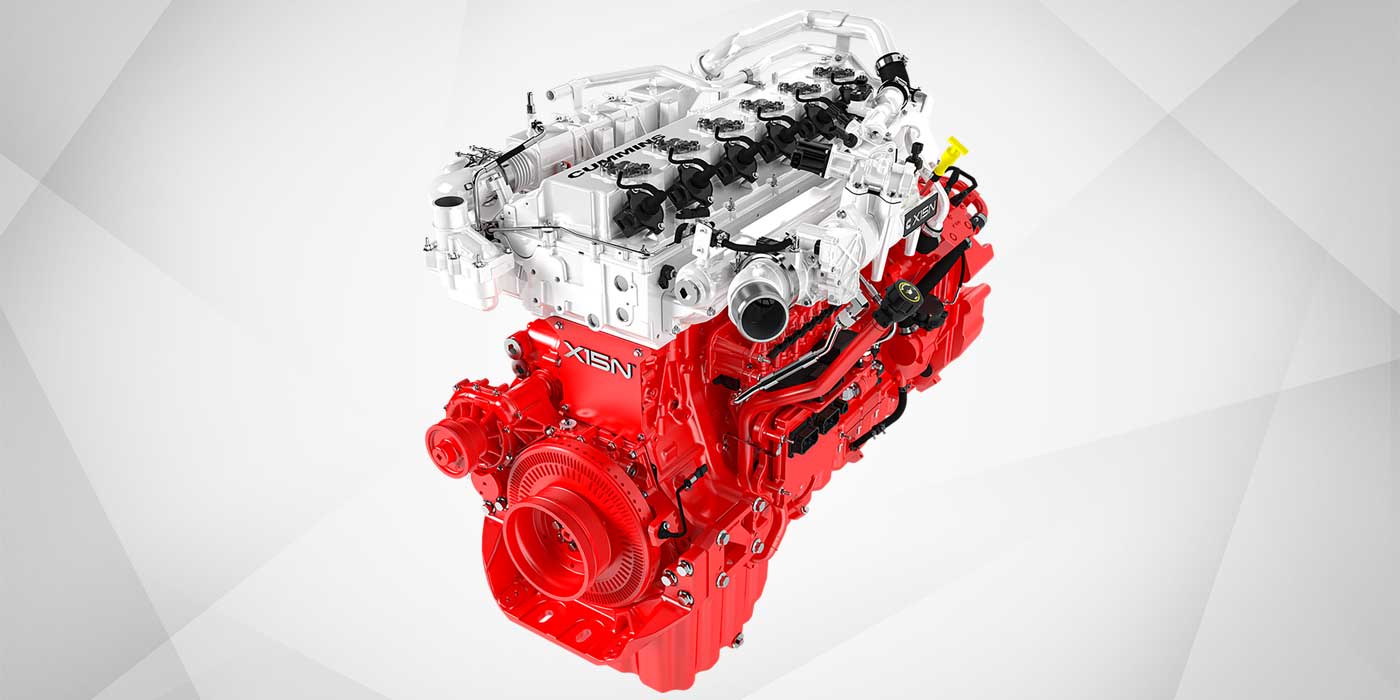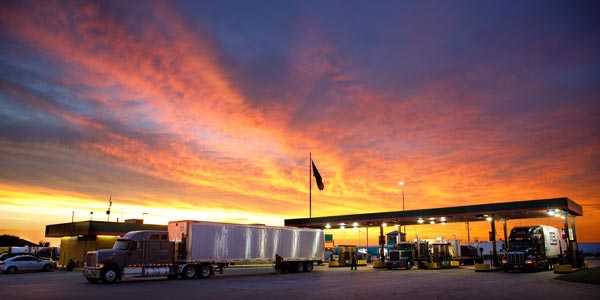
[Editor’s note: This article was contributed by REG, a biodiesel and renewable diesel producer.
You consider a lot of different factors when making decisions on fuel purchases — price, supply logistics, your vehicles, emissions and more. Ultimately, however, the fuel must perform. If not, your fleet risks running into a number of problems.
If you’re not experienced with biodiesel, you may be surprised to learn that not only does biodiesel perform well in diesel engines, it outperforms petroleum diesel in several key areas. Here are answers to some of the most common questions I hear from fleets.
What sort of quality standards does biodiesel meet?
Biodiesel’s quality is backed by ASTM International, which has set specifications for the fuel with ASTM D6751. The ASTM process is rigorous, and that’s particularly true for the committee responsible for the biodiesel standard, which is one of the organization’s oldest technical committees and its biggest, with more than 2,500 industry experts serving as members. The voluntary BQ-9000 program goes further, combining ASTM specs with additional quality assurance steps.
What’s an example of a superior biodiesel spec?
One indication of a fuel’s quality is its Cetane number. The ASTM specification for biodiesel requires a minimum Cetane number of 47 while the ASTM petroleum diesel spec is just 40. Higher Cetane equals a shorter ignition time and better performance.
How else does biodiesel help improve performance?
Biodiesel adds lubricity that is lacking in ULSD. Diesel vehicles rely on fuel to lubricate the fuel injection system, including the fuel pump and injectors. Without enough lubrication, these components can experience unnecessary wear and damage. Proper lubricity management can also help engines run smoother, cooler and more quietly.
Can biodiesel help me with my DPF headache?
As you probably know, most on- and off-road diesel vehicles now have diesel particulate filters to capture soot and reduce harmful emissions. DPFs must go through a regeneration process to prevent clogging. This can occur while a vehicle is in operation, but it can hurt fuel economy and performance. Increasing the interval between regens can help fleet performance. Biodiesel has lower emissions than petroleum diesel, including less particulate matter. That means fewer regens and less maintenance on the regen system with the use of biodiesel.
Do you have data to back up the lower emissions claim?
A B20 blend (20 percent biodiesel, 80 percent petroleum diesel) has been shown to reduce particulate matter and carbon monoxide emissions by more than 10 percent and unburned hydrocarbons by more than 20 percent in heavy-duty highway engines. Also, a 2018 study found biodiesel reduces greenhouse gas emissions by at least 86 percent compared with petroleum diesel.
What do experts think?
Who knows more about diesel vehicles than the people who work on them every day? Hear what experienced diesel technicians think about biodiesel in this case study.
Troy Shoen is Senior Manager, Marketing, at REG, a biodiesel and renewable diesel producer. He can be reached at [email protected].


